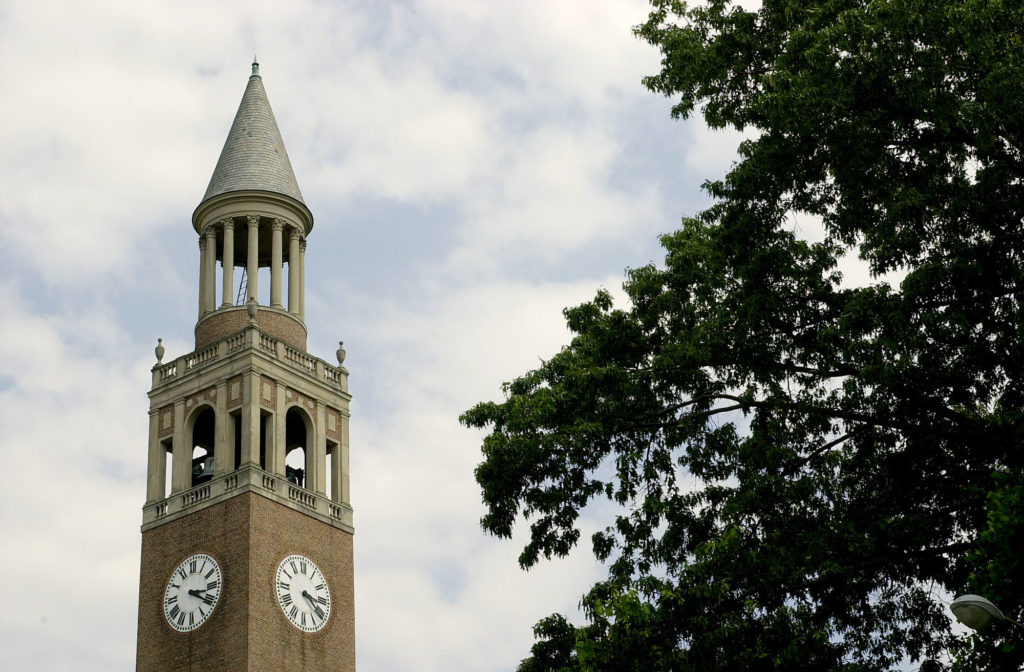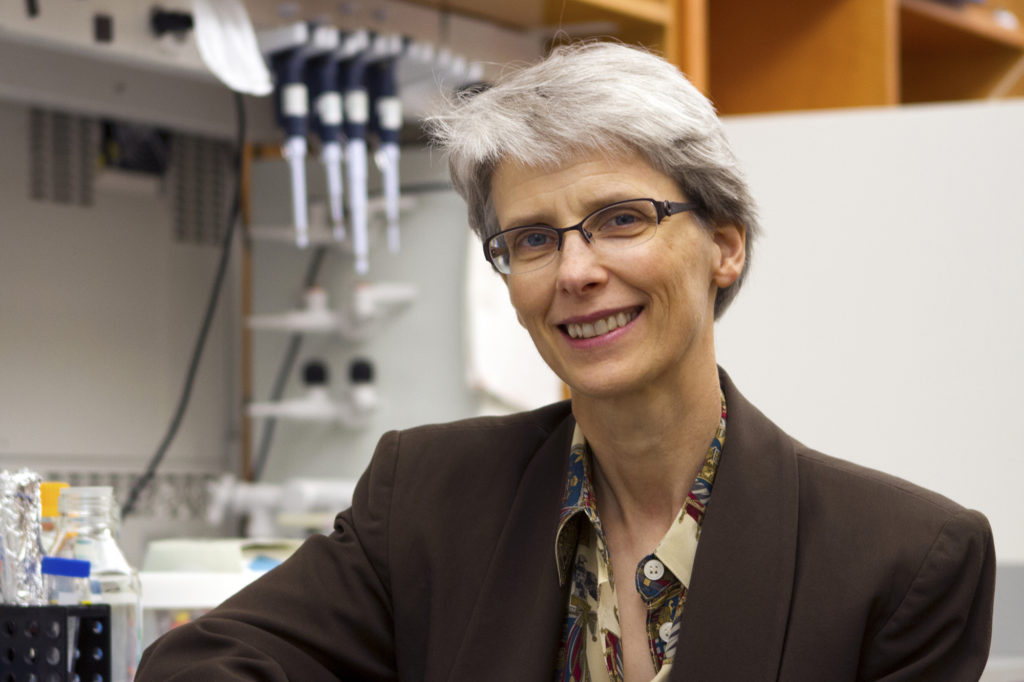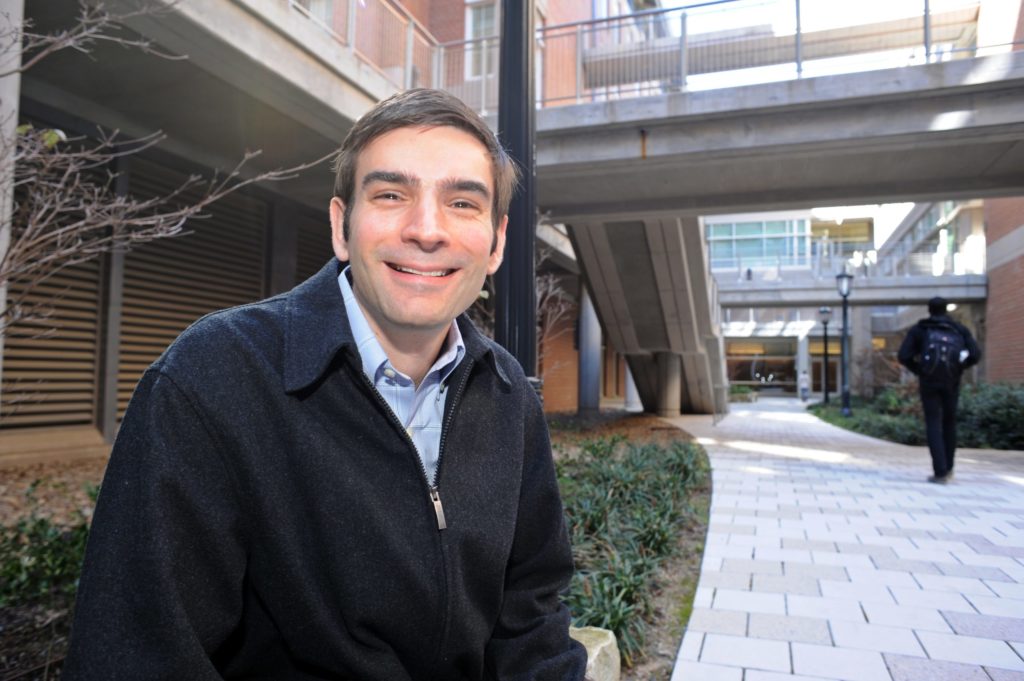
Marine sciences doctoral student Ashley Smyth led a series of experiments assessing oysters’ ability to improve ecosystem health in North Carolina.
Coastal development has increased inputs of sediment, nitrogen and other pollutants into sensitive ecosystems. Additional nitrogen causes algal blooms that consume oxygen from the water, causing fish kills. Oysters efficiently filter water, and this process suppresses algal blooms and enhances microbial removal of nitrogen — yet their populations in North Carolina have dramatically decreased over the last century.
Smyth’s research was recently honored by The Graduate School at UNC with a 2012 North Carolina Impact Award. The annual honor recognizes outstanding graduate students whose research covers a variety of areas that benefit the state: education, the environment, economic development, health, public administration and more.
“[Her] work is timely and exciting, being both a novel contribution to basic science and having tremendous value for decision-making. Ashley’s research has already been of value to coastal decision makers in North Carolina,” said Michael Piehler, an assistant professor of marine sciences and Smyth’s dissertation adviser.
This year, 22 graduate students are receiving the Impact Award, including a number from the College of Arts and Sciences. Recipients will participate in a poster presentation and be recognized at the April 4 Graduate Student Recognition Celebration on the Carolina campus. The celebration is part of Graduate-Professional Student Appreciation Week (April 2-6).
Protecting the state’s outdoor workers from tick bites, helping stroke victims and cancer patients, evaluating teacher quality in North Carolina and examining the working lives of Latinos and African Americans in the New South — these are just a few of the areas in which UNC graduate students are applying their efforts.
“For the seventh year, the Impact Awards are recognizing outstanding graduate students whose research offers reason for hope — whether it’s the promise of saving a life or saving a way of life,” said Graduate School Dean Steve Matson.




